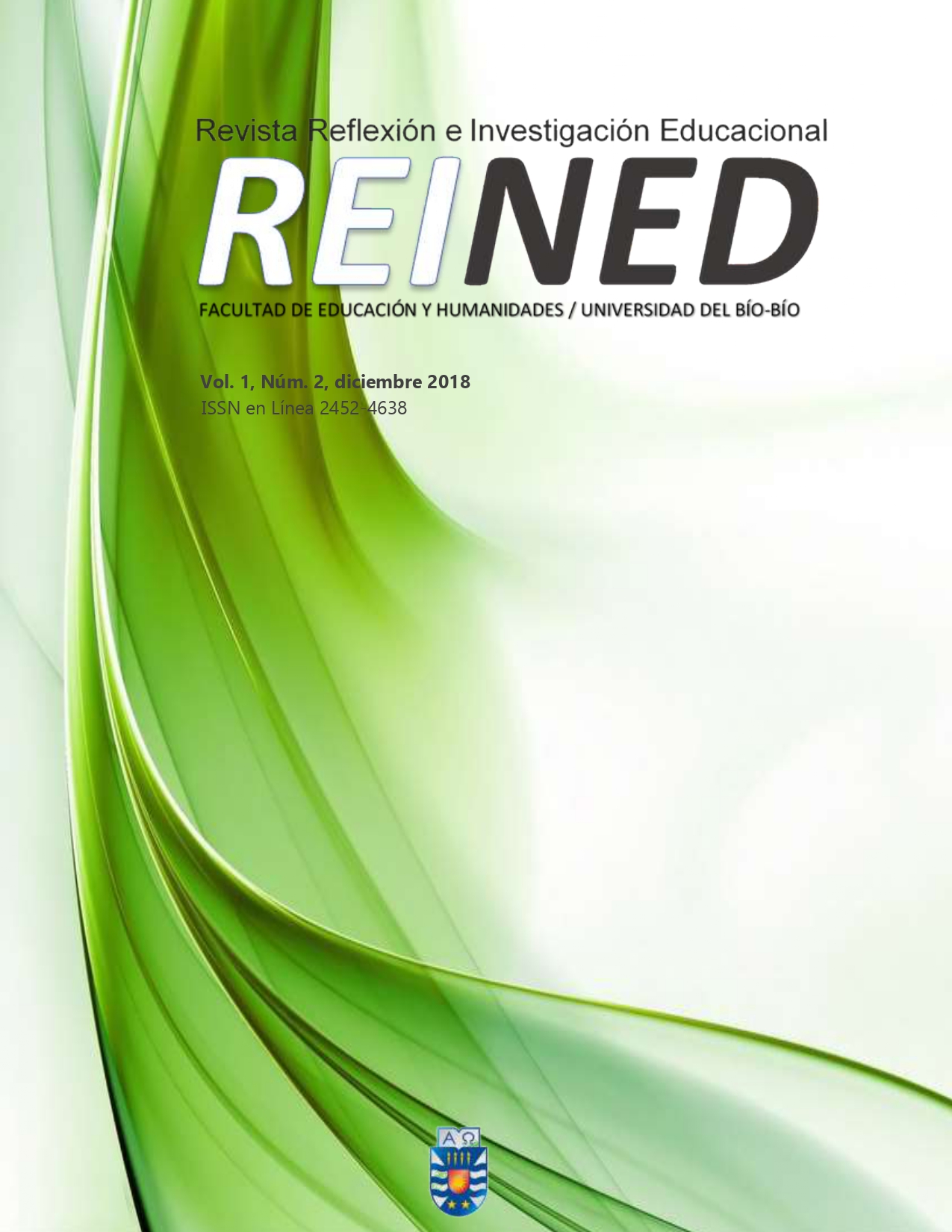Psychosocial approach. Concept and applicability in the professional training of psychology students
Main Article Content
Abstract
The psychosocial approach is a type of theoretical and empirical knowledge – still difficult to define - that links the individual with society. The current trend in professional training seeks to reduce the permanently criticized gap between the academy and social life. The ethical and professional training tends to use knowledge at the service of the communities in which the university is inserted, from a critical perspective that considers the response to the needs of the organizations in which it participates. The objective of this paper is to reflect on the psychosocial approach developed in the Psychology undergraduate program at Universidad del Bío- Bío, through the students' understanding of it and through the evaluation of the implementation of the servicelearning methodology as a form of concrete expression of the psychosocial approach. The general consideration suggests that; first, it is necessary to give greater visibility and practical expression of the approach in professional training, and second, to increase the opportunities for reflection regarding the opportunity it provides, both for personal professional training and for the communities that are favored by the progressive consolidation of the methodology.
Article Details
References
Asociación Latinoamericana para la Formación y la Enseñanza de la Psicología – ALFEPSI. (2011). Declaración de Cajamarca. http://www.alfepsi.org/declaracion-de-cajamarca/
Briede, J. C. & Mora, M. (2016). Diseño y Co-Creación Mediante Aprendizaje y Servicio en Contexto Vulnerable: Análisis de Percepción de la Experiencia. Formación universitaria, 9 (1): 57-70. https://dx.doi.org/10.4067/S0718-50062016000100007.
Dewey, J. (1967). Experiencia y Educación. Buenos Aires: Losada.
González, M. & Escudero, J. (1987) Innovación educativa: Teorías y procesos de desarrollo. Barcelona, España: Humanitas
Escuela de Psicología, Universidad del Bío-Bío (2015). Plan de Desarrollo Operativo 2015-2018 [Documento no publicado]
Eyler, J. (2009). The power of experiential education. Liberal Education, 95(4): 24-31.
Freire, P. (1985). Pedagogía del oprimido. Montevideo, Tierra Nueva. México, Siglo XXI Editores
Furco, A. y Billig,S. (2002) Service learning: the essence of pedagogy. Connecticut, IAP.
Frosh, S. (2003). Psychosocial Studies and Psychology: Is a Critical Approach Emerging? Human Relations, 56(12), 1545–1567. doi:10.1177/00187267035612005
Gil-Monte, P. R. (2012). Riesgos psicosociales en el trabajo y salud ocupacional. Revista Peruana de Medicina Experimental y Salud Pública, 29(2), 237–41. https://doi.org/10.1590/S1726-46342012000200012
González, M., González, I. & Vicencio, K. (2014). Descripción del rol autopercibido del psicólogo y sus implicancias en los procesos de formación de pregrado. Psicoperspectivas, 13(1), 108-120.
Jouannet, C., Salas, M. & Contreras, M. (2013). Modelo de implementación de Aprendizaje Servicio (A+S) en la UC: Una experiencia que impacta positivamente en la formación profesional integral. Calidad en la educación, (39), 197-212. https://dx.doi.org/10.4067/S0718-45652013000200007
Martín Baró, I. (1998). Hacia una psicología de la Liberación. Madrid: Trota
Medina, M.V., Layne, B., Galeano, M & Lozada, C. (2007) Lo psicosocial desde una perspectiva holística. Revista Tendencia & Retos, 12: 177-189.
Montero, M. (2004). Introducción a la Psicología Latinoamericana. Buenos Aires: Aidós
Moyano, E. & Juliá, M. (2013). Formación por competencias en educación superior y su impacto en la formación en psicología. En M. Juliá (Ed.,), Competencias del psicólogo en Chile, propuestas desde las universidades estatales (pp. 20-43). La Serena. Editorial Universidad de La Serena.
Rogers, C. (2000). El proceso de convertirse en persona: mi técnica terapéutica. Barcelona: Ediciones Paidós Ibérica
Sánchez Vidal, A. (2002). Psicología Social Aplicada. Madrid: Pearson
Service-Learning 2000 Center (1996). Service-Learning Quadrants. California: Stanford University
Tapia, M., (2006). La solidaridad como pedagogía. Buenos Aires, Ciudad Nueva.
Taylor, D. (2011). Wellbeing and welfare: A psychosocial analysis of being well and doing well enough. Journal of Social Policy, 40(4), 777–794. https://doi.org/10.1017/S0047279411000249
Vicerrectoría Académica de la Universidad del Bío-Bío, Comisión de Renovación Curricular. (2008). Modelo Educativo de la Universidad del Bío-Bío.
http://www.ubiobio.cl/web/modelo_educativo.php
Watkins, M. & Shulman, H. (2008). Toward Psychologies of Liberation. Hampshire, England: Palgrave Macmillan

